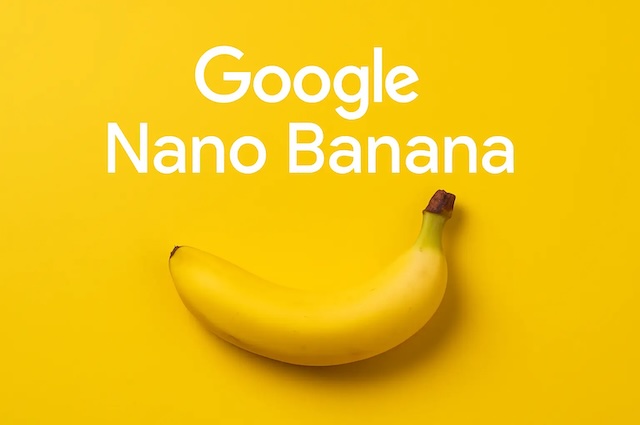By ATS Staff - September 10th, 2025
Artificial Intelligence Google
A new viral sensation has swept across social media platforms like X, Instagram, and Facebook, and its name is "Nano Banana." But what is this quirky-sounding trend all about? It's the playful nickname given to Google's powerful new AI-powered image editing and generation tool, Gemini 2.5 Flash Image. This groundbreaking model has made high-quality image manipulation and 3D rendering accessible to everyone, blurring the lines between reality and digital artistry.
What is Nano Banana?
At its core, Nano Banana is a state-of-the-art AI model integrated into the Gemini ecosystem. It was unveiled as part of the Gemini 2.5 Flash update and has quickly become one of the most talked-about AI tools of the year. The tool's ability to turn any photo into a hyper-realistic 3D figurine in a matter of seconds is what initially sparked the viral trend. Users are creating stunningly detailed digital desk toys of themselves, their pets, and their favorite celebrities, and the results have gone bananas—hence the nickname.
Beyond the viral figurine trend, Nano Banana's capabilities are vast and diverse. Users can:
- Generate Images from Text: Create high-quality images from simple or complex text prompts.
- Edit Images with Natural Language: Add, remove, or modify elements in an image using conversational prompts. This includes changing backgrounds, altering a subject's pose, or adding specific details.
- Maintain Character Consistency: The tool excels at keeping a character's appearance consistent across different images and scenarios, a key feature for effective storytelling and marketing.
- Blend Multiple Images: Combine elements from different photos to create a new, seamless scene.
- Perform Multi-turn Editing: Refine and perfect an image through a conversation, making small, iterative adjustments until the final result is achieved.
Accessibility and Pricing
One of the main reasons for Nano Banana's rapid adoption is its accessibility. The tool is available for free to users through Google AI Studio and the Gemini app. Developers can also access it through the Gemini API and Vertex AI. While the consumer version is free for now, the pricing for developers is around $0.039 per image, making it significantly more affordable than some competing AI models. This low barrier to entry has allowed people from all walks of life to experiment with advanced creative tools, turning what was once a professional skill into a mainstream hobby.
A Glimpse into the Future
While some critics argue that the hype around Nano Banana is overblown, it's clear that the tool represents a significant step forward in the democratization of AI. The ability to create professional-quality visuals with a simple prompt is a game-changer. What began as a fun viral trend is now poised to impact industries like product design, marketing, and entertainment. As AI models continue to evolve, tools like Nano Banana will likely become an industry standard, empowering a new generation of creators and reshaping how we interact with digital media.
Popular Categories
Agile 2 Android 2 Artificial Intelligence 50 Blockchain 2 Cloud Storage 3 Code Editors 2 Computer Languages 12 Cybersecurity 8 Data Science 15 Database 7 Digital Marketing 3 Ecommerce 3 Email Server 2 Finance 2 Google 6 HTML-CSS 2 Industries 6 Infrastructure 3 iOS 3 Javascript 5 Latest Technologies 42 Linux 5 LLMs 11 Machine Learning 32 Mobile 3 MySQL 3 Operating Systems 3 PHP 2 Project Management 3 Python Programming 26 SEO - AEO 5 Software Development 46 Software Testing 3 Web Server 7 Work Ethics 2